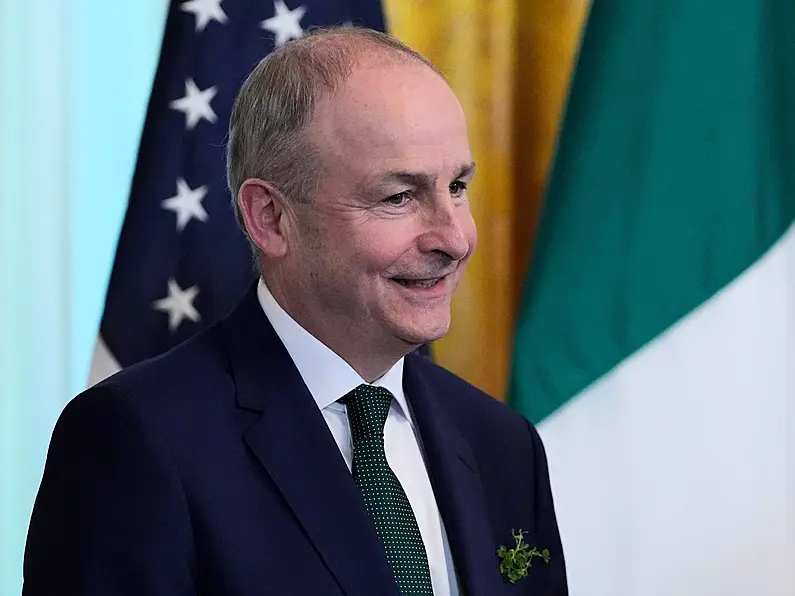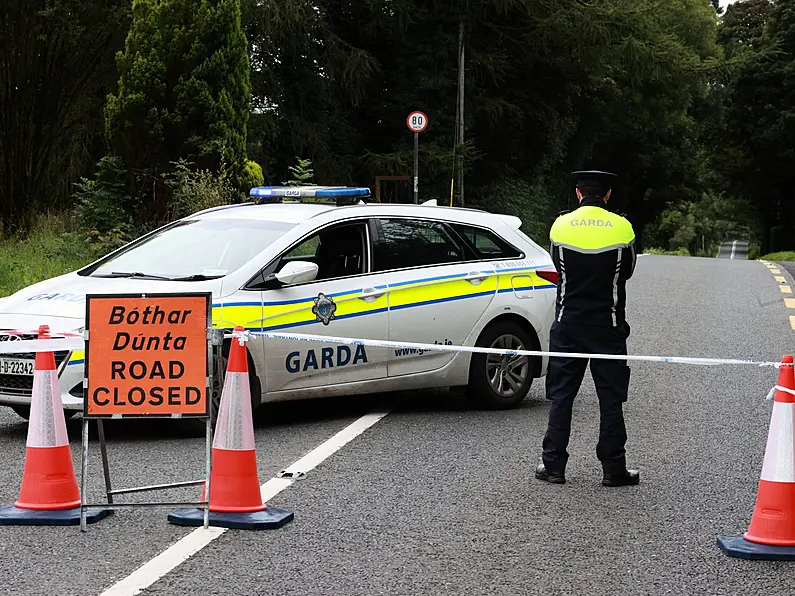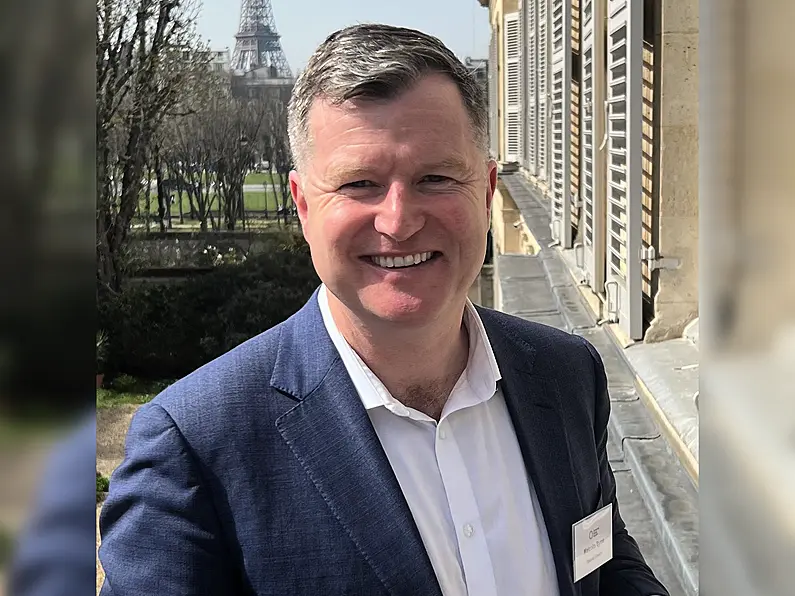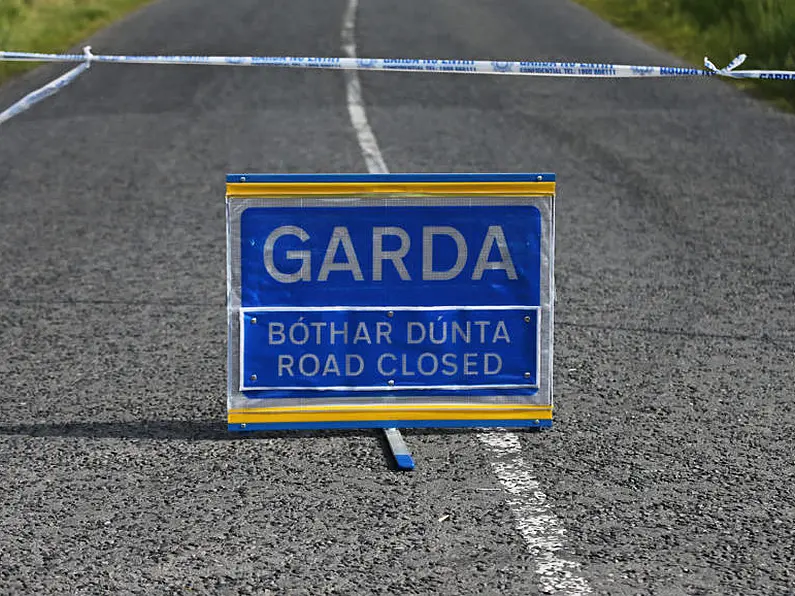75% of people do not fully understand what HPV is, according to a new study.
Human Papilloma Virus, or HPV, will infect more than 80% of the population at some stage in their lives yet new research highlights a lack of awareness about the disease.
The HSE says that the disease is "very common" and can be caught by being sexually active with another person who already has the virus.
The new research was carried out by Behaviour & Attitudes and commissioned by MSD Ireland. The study examined awareness and perceptions of HPV, polling a representative sample of 1,000 people in Ireland.
The study did find that there was a 17% increase among the general public in awareness levels that HPV can infect both boys and girls when compared with research from the previous year.
70% of respondents agreed that both males and females should be vaccinated against HPV.
Despite the disease being so common, 84% of people surveyed believe it is unlikely they have ever contracted or had HPV.
Only 2% of the population are aware that HPV "is in fact extremely common".
Other findings from the research into HPV attitudes found:
- 32% are unaware that HPV is transmitted via intimate skin-to-skin contact
- 21% believe that HPV infections cannot be transmitted from one person to another
- 44% of people said they were aware that HPV infections can lead to cancer
- 53% of all adults polled said that they are not worried about their son coming into contact with HPV
- 43% said they were not worried about their daughter coming into contact with HPV.
Most HPV infections have no symptoms and clear naturally.
However, if the infection persists, certain types of HPV can cause HPV-related cancers.
One in 20 of all cancers worldwide are caused by HPV infection.
In Ireland, HPV infection caused up to 420 cancer cases in men and women each year between 2010 and 2014.
"The HPV virus is so common most men and women are infected by it at some point in their lives," said Averil Power, CEO of the Irish Cancer Society.
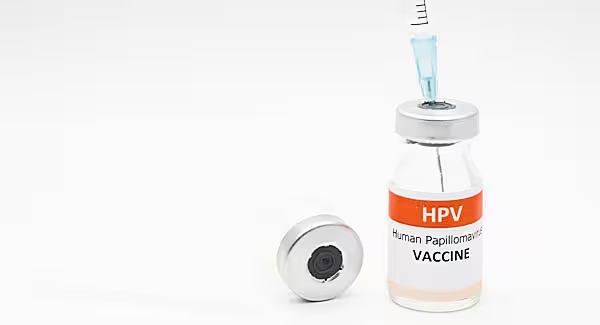
"In many cases, infection leads to cancer.
"From September, parents can protect both their boys and girls by ensuring they get the free HPV vaccine. The Irish Cancer Society urges them to do so."
Dr Phil Kieran, a GP, added: "As a doctor, a huge part of my role is to ensure the public receives clear and trustworthy information to allow them to better manage their health on a day to day basis.
"This research shows a clear gap in understanding when it comes to HPV, and this needs to be addressed from a broader public health perspective and this needs to be addressed to ensure parents are fully informed to allow their sons and daughters to get vaccinated in September."
From September the HSE will begin to offer a HPV vaccine to all students (male and female) in first year in second-level schools to protect them against cancers caused by HPV virus and genital warts in adulthood.



